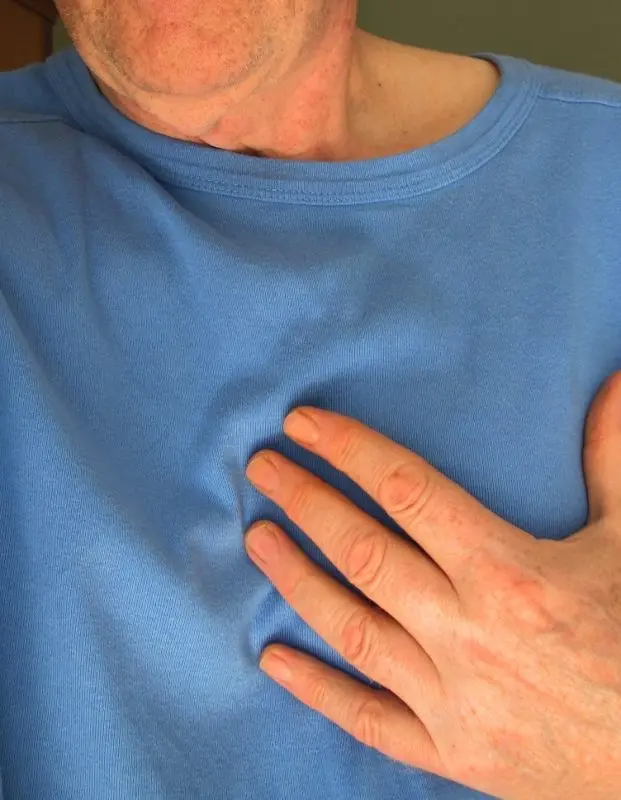Cardiovascular diseases occupy a leading position among the causes of death in all countries of the world. Old age, physical inactivity, unhealthy diet, smoking and alcohol abuse are associated with the risk. Severe cardiac pathologies require long-term rehabilitation and a radical change in lifestyle. Let’s figure out whether it is possible to drink alcohol after a heart attack or stroke and what side effects can be from drinking alcohol.
Myocardial infarction and alcohol
Myocardial infarction is one of the manifestations of coronary heart disease, causing necrosis (necrosis) of a section of the heart muscle due to its insufficient blood supply. Alcohol abusers are at increased risk of the disease because ethanol:
- increases blood pressure;
- promotes an increase in heart rate;
- causes spasm of the heart muscle;
- removes potassium and magnesium;
- prevents the formation of protein in the body.
The duration of rehabilitation depends on the severity of the course of the heart attack. Even with a slight necrosis, the recovery period takes at least six months, with the appearance of complications, the time can increase significantly. If the regimen prescribed by the cardiologist is violated, the risk of a second heart attack increases. During treatment, alcoholic beverages are strictly contraindicated.
However, many people have a question about how to behave in the future, when the recovery period is far behind. Here the opinions of Russian and Western doctors differ sharply. In 2012, the European Heart Journal (EHJ), the official publication of European cardiologists, published the results of a study that showed an increased risk of heart attacks in men who completely abstained from alcohol compared to those who drank a glass of red wine daily.
Russian doctors categorically do not recommend drinking alcohol after a myocardial infarction. American and European doctors are less radical and consider small doses of ethanol acceptable, which for men are no more than 28 grams per day. Women should stick to half the values. In terms of ordinary drinks, this is no more than 40 ml of vodka or cognac per day, 200 ml of wine or 0,5 liters of beer. Those suffering from heart disease should be very careful about taking alcohol due to the high risk of overdose.
stroke and alcohol
The disease is characterized by an acute violation of the blood circulation of the brain, which leads to serious consequences. Stroke is the second leading cause of death after a heart attack. The disease occurs due to the fact that the vascular walls lose their elasticity, which is not least promoted by alcohol abuse.
Once in the blood, ethanol instantly dilates blood vessels, but only for a short time. After some time, the reverse process occurs, which can lead to rupture of the vascular wall.
During the rehabilitation period, the use of alcoholic beverages increases the risk of relapse of the disease, therefore, for a long time, alcohol after a stroke is strictly prohibited. After recovery and long-term remission, experts consider dry red wine acceptable in amounts not exceeding 200 ml.
Wine contains a large amount of flavonoids, which act as antioxidants and protect cells from the penetration of free radicals. Biologically active substances promote the removal of fats and prevent the formation of cholesterol plaques that cause blockage of blood vessels.
A number of scientists believe that with reasonable use, wine reduces the risk of rupture of the vascular walls, therefore, when choosing alcohol, it is recommended that stroke survivors give preference to dry red wine.

Противопоказания
Small doses of alcohol are permissible only with an uncomplicated course of the disease and during a period of long-term remission, when the pathology does not manifest itself for a long time.
It is strictly forbidden to drink alcohol in the presence of:
- unstable blood pressure;
- attacks of tachycardia;
- chronic heart failure.
An overdose of ethanol increases the risk of death due to an exacerbation of the disease.
Attention! Self-medication can be dangerous, consult your doctor.









